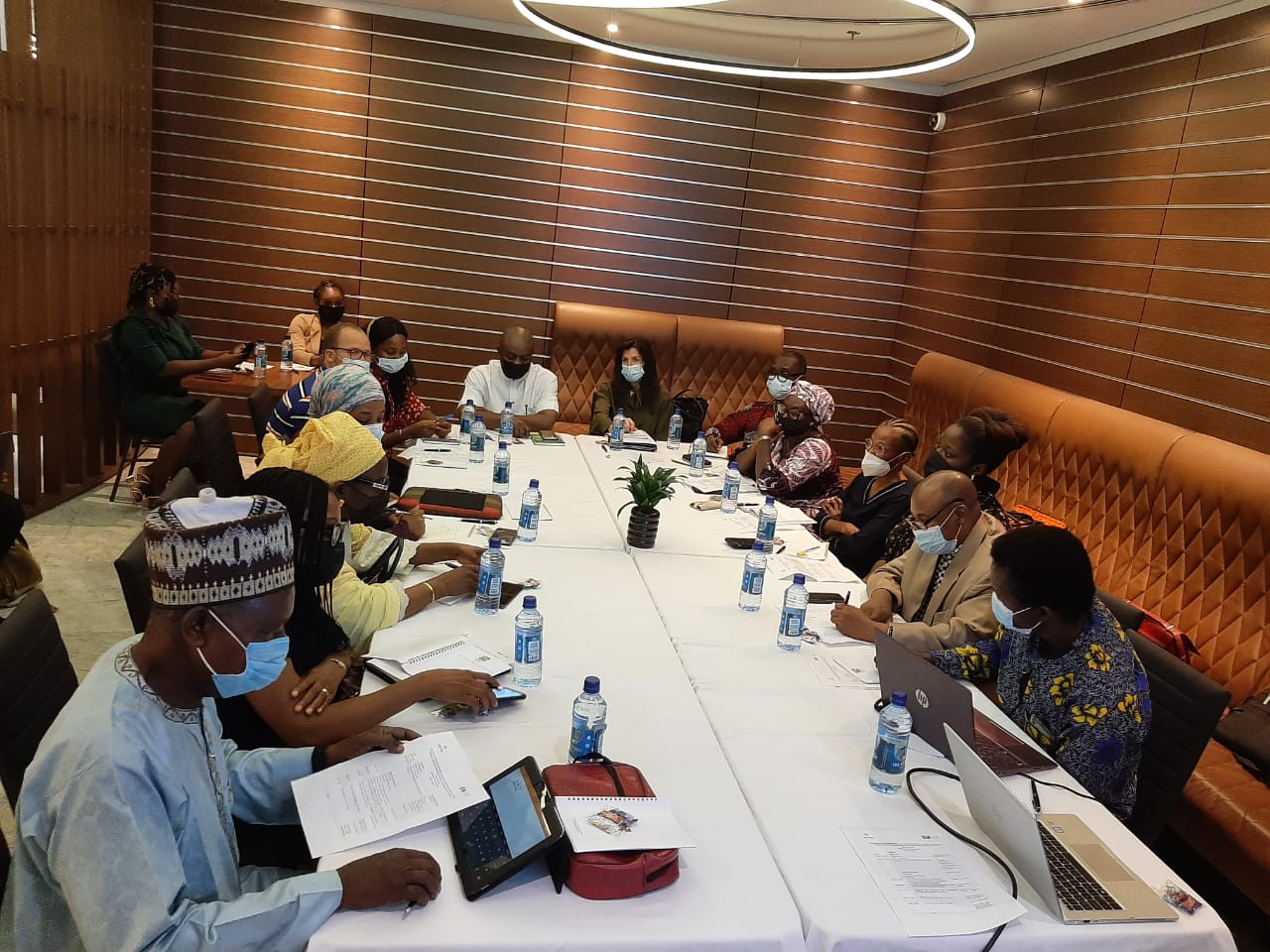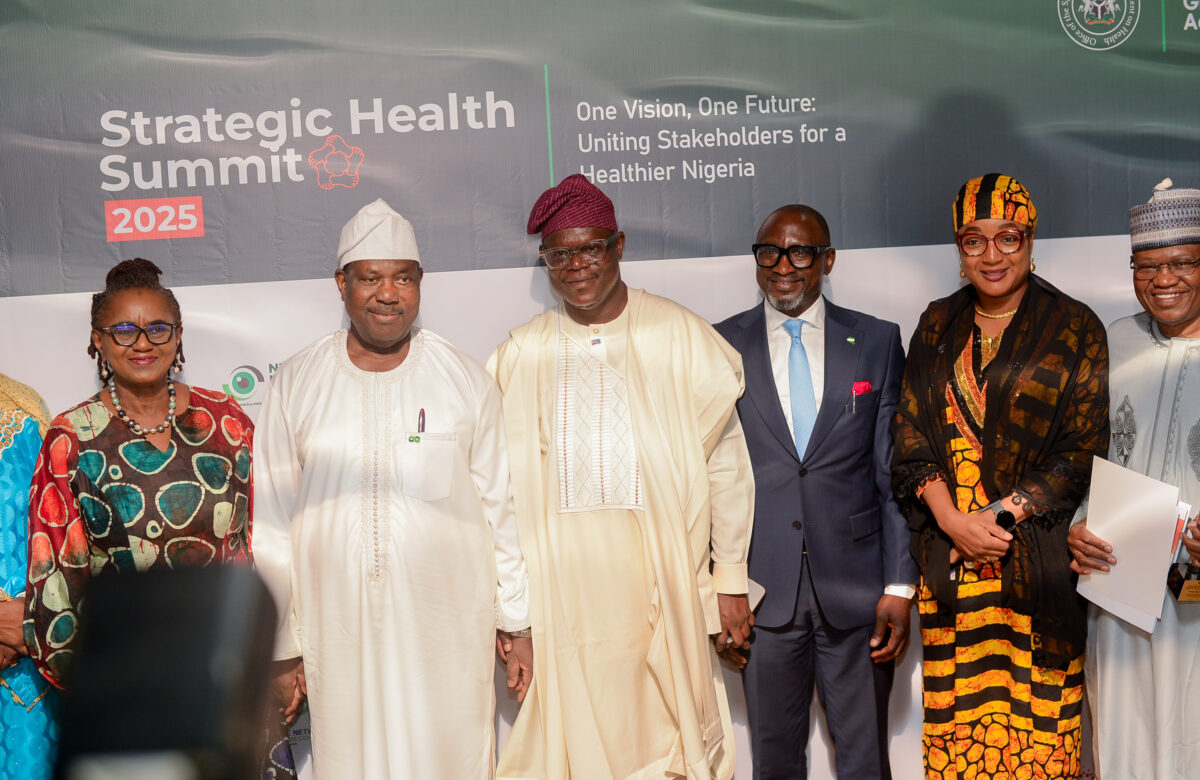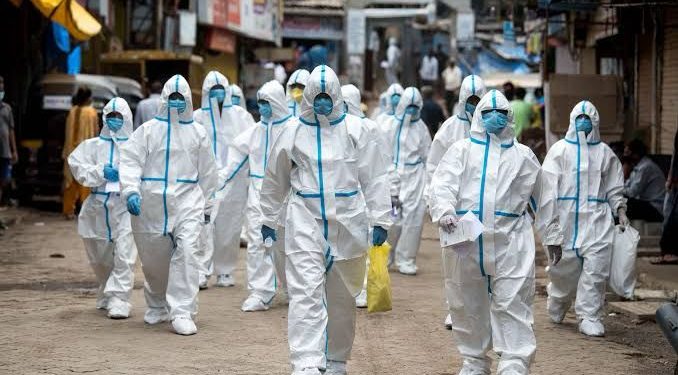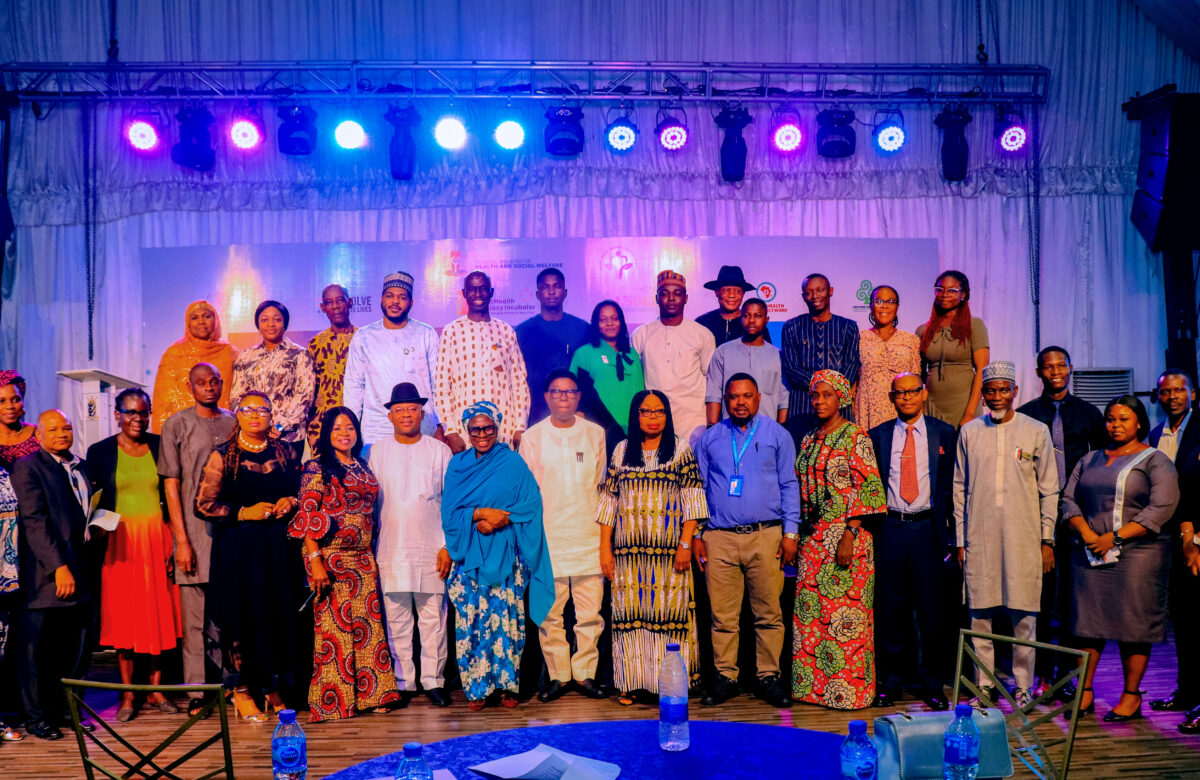
Mobilizing Support for RMNCAEH+N Recovery Plan during COVID-19 Pandemic
- Health SectorHuman Capital Development (HCD)
- No Comment
- 499
Nigeria has an advantage of high population of young people; however, it may become a disadvantage if not maximized effectively and efficiently. Reproductive, Maternal, Newborn, Child, Adolescent and Elderly Health plus Nutrition (RMNCAEH-N) services especially routine immunization were grossly affected by the COVID-19 pandemic causing a wide range of poverty for low-income earners and the vulnerable.
Strengthening coordination mechanisms for RMNCAEH+N is key to ensuring everyone has access to essential health services during disease outbreaks. The Federal Ministry of Health (FMOH) maintains some good progress has been made in the national coordination of RMNCAEH+N; guidelines, plans and protocols. It states that one year into RMNCAEH+N operation plan, 48 out of 93 activities mapped out for RMNCAEH+N coordination have been concluded, resulting into 55% implementation as of September 2021. While majority of states are still struggling with putting up workable structures, only four states; Ondo, Lagos, Kaduna and Gombe have adopted a multi-sectoral approach and working towards a more robust structure. The Ministry was able to develop four RMNCAEH+N continuity sustenance COVID-19 response planning committees, core groups for coordination that meet quarterly:
- Leadership, partnership, and coordination
- Quality technical delivery
- Advocacy and resource mobilization
- Monitoring, evaluation, data and accountability
Partners stand ready to provide a range of technical cooperation and support that will help Nigeria put in place the policies, regulations and institutional frameworks as well as mobilize the resources needed to mitigate or recover from the impacts of COVID-19, while Gem Hub, calling partners together to discuss the subject on 21st and 22nd March, tasks NPHCDA on usage of technology to improve, increase access to RMNCAEH+N services especially during national health emergencies.
Civil Society Organizations at the event discussed the opportunity of using the electioneering year as a good opportunity to get the commitment of political actors to buy into the RMNCAEH+N plan and advised the Nigerian Government to explore preventive measures of warding off disease outbreaks.
The National Advocates for Health requested for indicators on states not responding positively to the implementation of RMNCAEH+N plan, while development agencies recommended that clear cut interactive platforms be made available to fashion out how to better coordinate response and efforts made amongst sister donor agencies, government and CSOs on RMNCAEH+N plan.
The Africa Health Budget Network stated that strengthening coordination between all players is key to improving the implementation status of RMNCAEH+N plan in Nigeria and the importance of development of RMNCAEH+N advocacy kits for application at state level, tasking partners on sharing existing policy documents to states for guidance. LISDEL will engage with AHBN and other stakeholders in the development of a scorecard showing progress made, existing gaps and challenges affecting full implementation of RMNCAEH+N plan in Nigeria.
Contributed by Tina Udoji (LISDEL)
Edited by Juliana Abude-Aribo (LISDEL)





